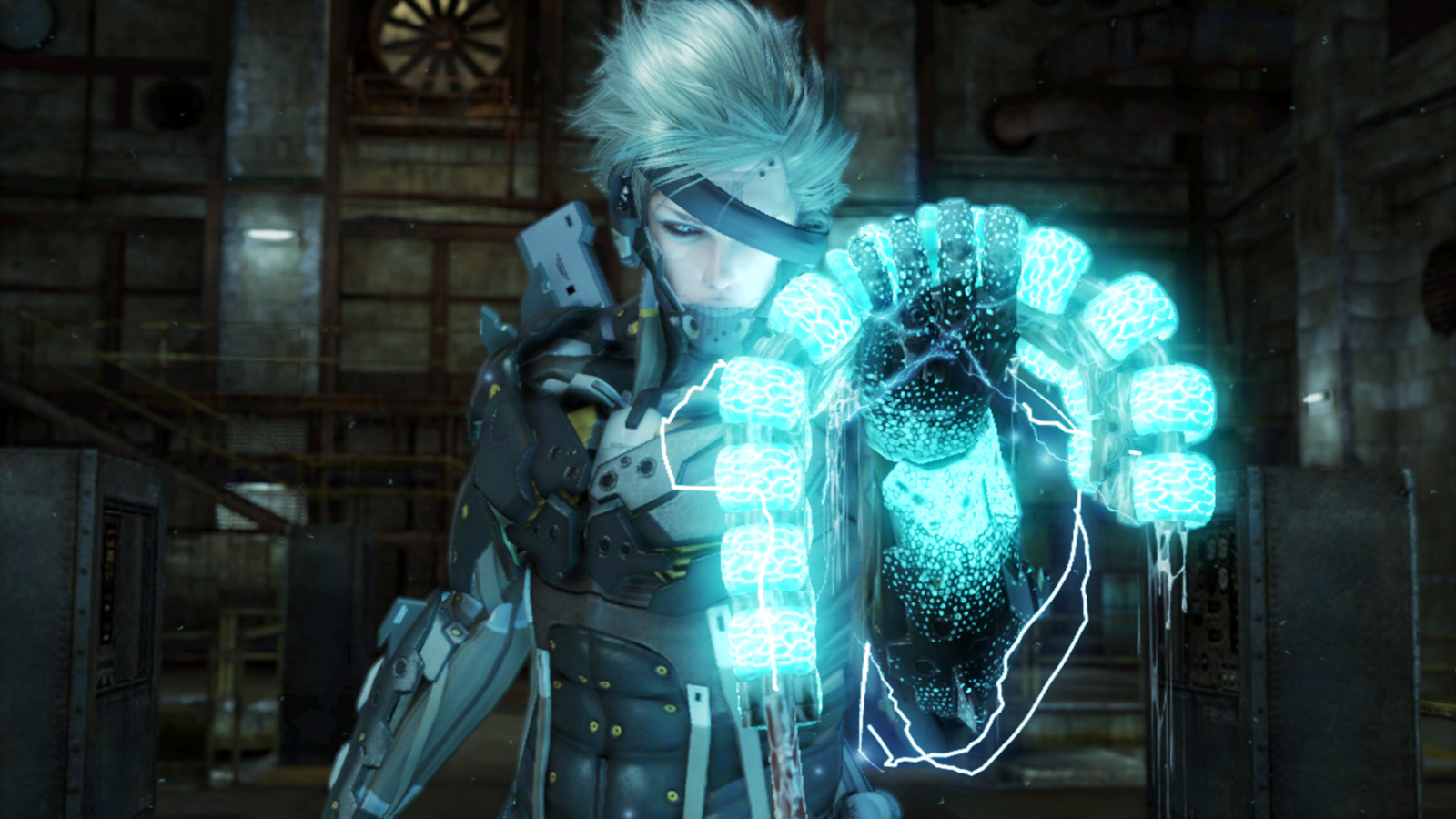Platinum Games has put out several games during its five years of existence, and almost without exception all have found critical acclaim. President Tatsuya Minami would give the effort by the team over that time an “A” rating. “The team has been working really hard,” he says. “They’ve held up their end of the bargain and done a really good job of putting out really high-quality games.”
However, he’s less bullish about the business half of things. “Whether we’ve sold as well as we would have liked, or whether the company has the amount of money that everybody would love to have in the company, I think I’d probably rate it as a C or even a D,” Minami said frankly.
“We obviously grew up being part of the domestic Japanese market — a lot of our staff spent time in domestic Japanese publishers, focused really on the domestic Japanese market. And now we’re trying to expand and focus more outward and think about gamers worldwide,” he added. “But when you think about what global success really means, that means we need to be selling more titles. Our games need to sell more copies.”

Bayonetta was the studio’s best selling title, having sold well over a million titles since launch, but Minami says the game still didn’t meet expectations. “Bayonetta didn’t sell what we wanted it to sell,” he says. “We were hoping it was going to do a little bit better than that, though you can’t put it all on the game itself. I think there were a lot of issues with when it came out, the kind of marketing behind it.”
Minami is hopeful over Metal Gear Rising: Revengeance, given the strength of the brand and the marketing support. “We’re expecting Metal Gear Rising to sell better than Bayonetta, and obviously it’s just come out,” he says. “But if you look at games developed in certain Western studios, as far as sales go, they’re clearly ahead of us there, and we’re not going to be satisfied until we’re at that level.”
For the next generation, Minami said that Platinum will look into outsourcing and role specialization amongst team members, and also spend time looking at what players around the world want from its games. “We have to think a lot about what resonates with consumers globally and find that secret sauce and make sure that goes into our games,” he says. “And there’s a lot of places we need to look for that: it’s not just in art, it’s also in game design, it’s also in music … I think the one thing that we want more than anything in the immediate future — and it’s something we continue to work hard on — is we definitely want people to understand that we’re making games here in Japan, but we’re making games for everybody.”
Source: Polygon.com

